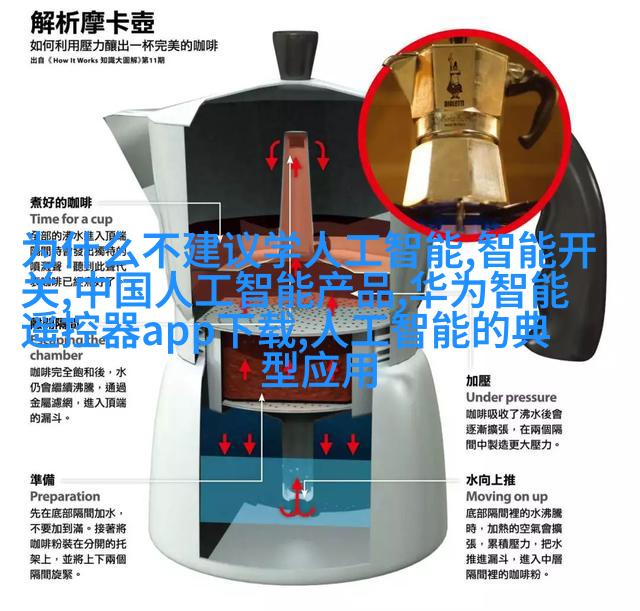Decoding the Magic of Digital Monsters What Makes
The world of digital monsters, a realm where technology and fantasy blend seamlessly together. With its unique storytelling and lovable characters, "Digital Monster" has captured the hearts of audiences worldwide. The first season in particular has been revamped into an ordinary language version, allowing more people to enjoy this enchanting tale.

But what makes this ordinary language adaptation so special? Is it just a simple translation or is there more to it? Let's dive deeper into the magic that lies within "Digital Monster" Season 1 in ordinary language.
Firstly, let's talk about accessibility. The original Japanese version might have been limited to those who understand the language. However, with an ordinary language adaptation, fans from different parts of the world can now experience and appreciate the story without any barriers. This not only increases its reach but also allows for a wider audience engagement.

Secondly, adapting content into another language requires a deep understanding of both cultures involved - Japanese culture and that of English-speaking countries (in this case). It is crucial to preserve cultural nuances while making sure that the content remains relatable and engaging for local audiences. In "Digital Monster," this means ensuring that themes such as friendship, courage and perseverance are conveyed effectively across languages.
Moreover, translating dialogue doesn't just involve swapping words; it also involves capturing emotions accurately. A single misplaced word can change the entire tone or meaning of a scene! To ensure seamless communication between characters on screen (and with viewers), voice actors must bring these emotions alive through their performances.

Furthermore, localization goes beyond just translations; it also includes visual elements like graphics design or even music scores adapted specifically for each market region! These adjustments may seem small but they contribute significantly towards creating an immersive viewing experience tailored to specific regions' tastes!
Lastly - although I'm not going too far here - we cannot overlook how hearing familiar voices brings comfort & reassurance during times when our lives feel uncertain/chaotic

In conclusion: while some may view an 'ordinary-language' adaptation as merely changing one set words into another; truly successful adaptations require much more than mere translation alone! They need profound understanding between cultures & languages combined with exceptional performance by voice actors coupled with effective localization strategies which all culminate in providing unforgettable experiences
So next time you find yourself watching your favorite show in your native tongue remember- behind every line spoken & scene acted out lies hours upon hours worth effort by dedicated individuals passionate about sharing stories across borders
